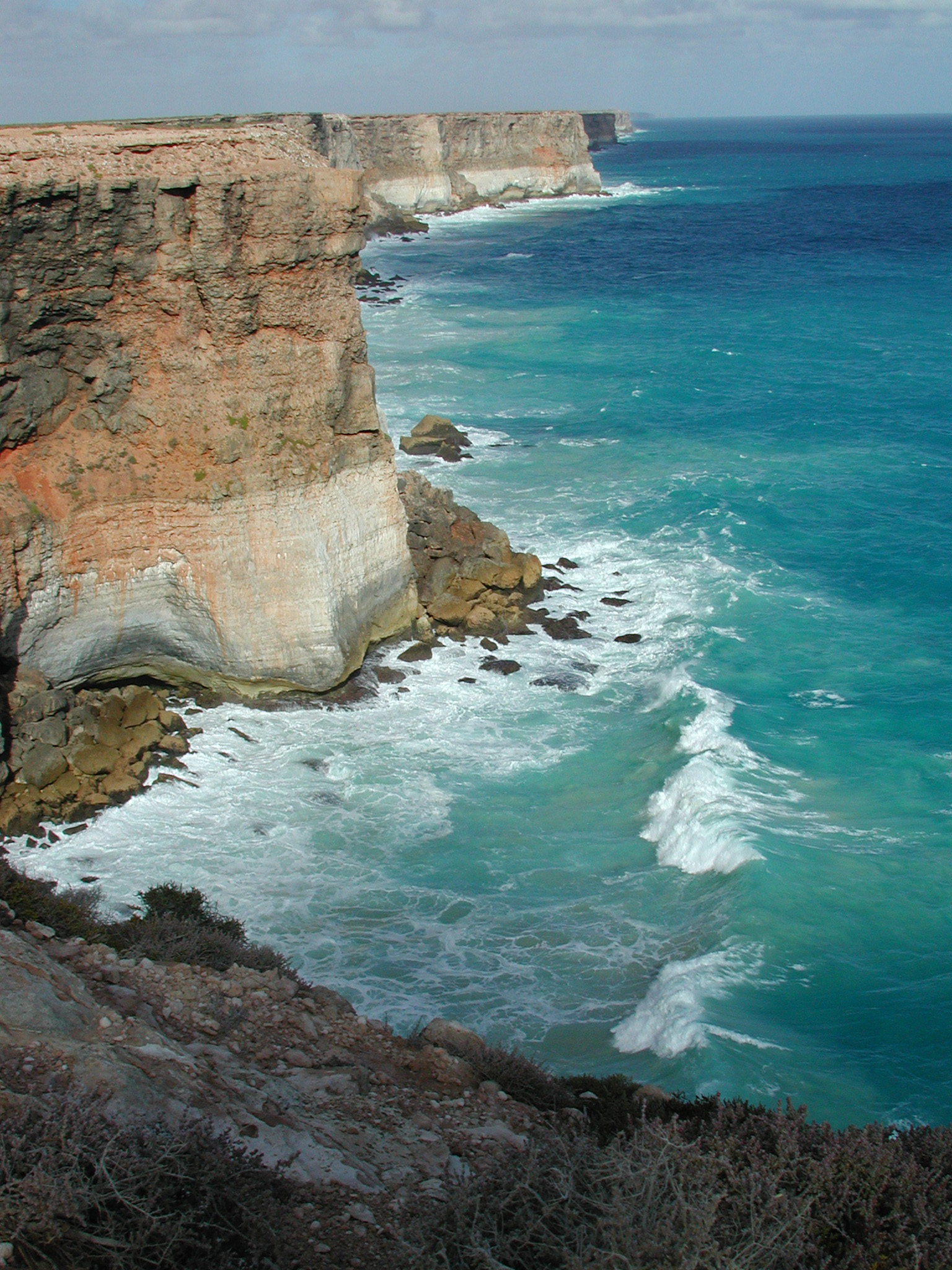Building a bigger picture of the Bight

A unique Collaborative Research Science Program to improve understanding of the environmental, economic and social value of the Great Australian Bight was today announced by BP Developments Australia (BP), CSIRO and Marine Innovation Southern Australia (MISA).
The A$20 million Science Program aims to obtain information about the unique marine environment and potential marine resources within the Great Australian Bight (GAB), and will provide information to decision makers to support sustainable development in the region and monitor possible future impacts.
“The Science Program will be one of only a few whole-of-ecosystem studies undertaken in Australia,” Dr David Smith of CSIRO’s Wealth from Oceans Flagship stated. “It will focus on collating information about the marine resources of the Great Australian Bight and providing vital knowledge to inform future decisions for sustainable development in the region.”
The research officially started on 4 April 2013, with scientists setting sail for the GAB aboard the RV Southern Surveyor to collect water and seafloor sediments from depths three kilometres below the surface. These will be the deepest set of samples ever taken from the Bight and will provide an insight into the distribution, diversity and ecology of the deepwater species of animals, plants and microbes which reside in the central and eastern GAB.
“BP is already undertaking a range of studies to ensure environmentally responsible operations in the GAB. This additional multidisciplinary research program will build on these and other studies to improve the understanding of how the GAB ecosystem functions,” Phil Home, Managing Director for BP Developments in Australia said. “It provides an opportunity for co-investment by world class research institutions such as CSIRO and the member–institutions of MISA.”
The research data obtained will eventually provide a conceptual model of the structure and dynamics of the GAB ecosystem.
“The research results will also be made available for the benefit of other stakeholders interested in the region. These include Commonwealth and State regulators and governments, commercial users and a diverse range of research, community and environmental groups through publication in science journals, literature and published reports,” said Prof Gavin Begg, SARDI Aquatic Sciences Research Chief and MISA Steering Committee member.
The Collaborative Research Science Program is a A$20 million investment over four years. It will be advised by an Independent Science Panel comprising internationally recognised experts in key discipline areas.
Background information:
The Collaborative Research Science Program addresses seven closely linked research themes. They comprise a significant body of work designed to address information targeted by BP, CSIRO and MISA. The themes are:
- Oceanography
- Pelagic Ecosystem and Environmental Drivers
- Benthic Biodiversity
- Ecology of Iconic Species and Apex Predators
- Petroleum Geology and Geochemistry
- Socio-economic Analysis
- Integration and Modelling
BP
BP Australia is engaged in the exploration for and production of oil, natural gas and liquefied natural gas and the refining, transportation and marketing of petroleum and lubricant products. In January 2011, BP was awarded four exploration permits in the Ceduna sub-basin of the GAB approximately 300 km south west of Ceduna.
CSIRO
CSIRO is Australia’s national science agency and one of the largest and most diverse research agencies in the world. CSIRO’s marine research – delivered through the Wealth from Oceans National Research Flagship – takes a whole-of-system approach to marine science. The Flagship delivers practical science that enables governments, industries and communities to make informed decisions about the sustainable management of marine and coastal resources.
CSIRO has strategic R&D relationships with some of the world’s biggest companies including Boeing, General Electric (GE) and Orica. We are working with these partners to improve the economic, environmental and social sustainability of industry. Together, we are tackling some of Australia’s toughest challenges.
MISA
MISA is a collaborative consortium of South Australia’s major marine research institutions, including SARDI (South Australian Research and Development Institute), the University of Adelaide, Flinders University and the South Australian Museum. CSIRO is also a contributor to MISA through observer status on the MISA Steering Committee. MISA is an initiative of the South Australian Government and was established in September 2005. A key focus of MISA’s research is the highly endemic speciation and bio-physical systems of the GAB continental shelf and near shelf waters and habitats.
Source and image: http://www.csiro.au/en/Portals/Media/Building-a-bigger-picture-of-the-Bight.aspx
 Follow
Follow